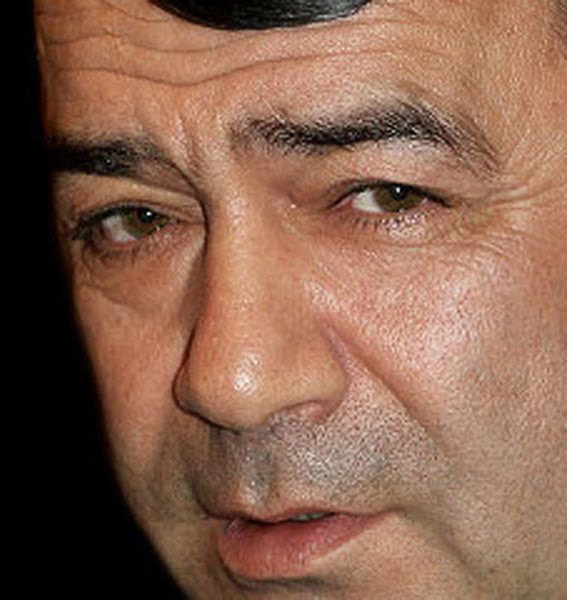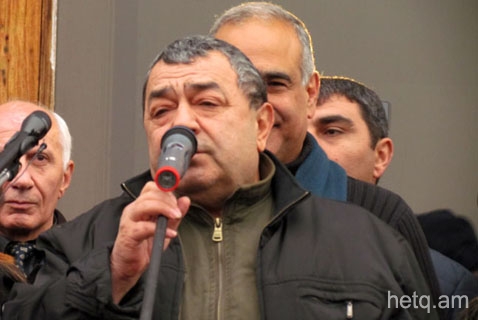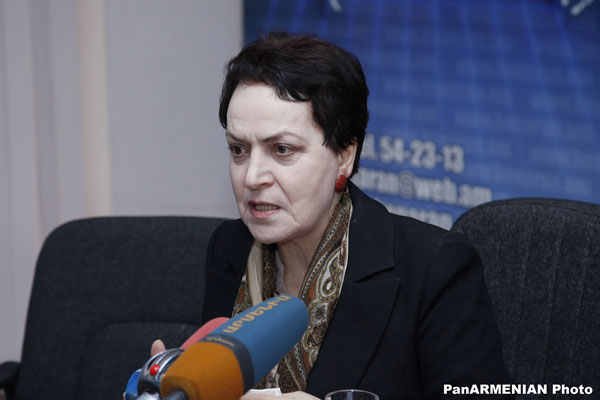What is remembered: an artist’s works, or his “civic position”?
In 1977, the management of the Paris Opera invited Yuri Lyubimov, chief director of Moscow’s Taganka Theater, to stage a new version of Tchaikovsky’s The Queen of Spades. Alfred Schnittke, the prominent 20th-century composer who was still living in the Soviet Union at the time, proposed making serious changes to the score. I don’t believe Schnittke’s edited version showed any disrespect toward Tchaikovsky’s masterpiece. The idea was simply to make cuts — to remove episodes deemed unrelated to the dramatic action.
Whether this approach was justified is, of course, open to debate.
In the spring of 1978, Algis Zhuraitis, conductor of the Bolshoi Theater, published a letter in Pravda titled “In Defense of the Lady of Spades,” where, in typical Soviet style, he harshly denounced the project. As a result of the pressure, the performance in Paris was canceled.
Read also
Zhuraitis was an accomplished conductor, widely respected both in the USSR and abroad. Yet today, nearly half a century later, many remember him not for his artistic achievements but for that ill-fated letter. Is that fair? If you ask me — no, it isn’t.
I personally don’t care what Ruben Hakhverdyan says in political interviews, even though his statements are often harsh and contradictory. What matters is that he was the artist who, in the grayness of Soviet reality, gave my generation — and future ones — light and warmth through his freethinking, sincerity, and talent.
Likewise, I don’t attach much importance to where Hakob Movses receives his salary today or what pro-Pashinyan speeches he delivers. I will remember his poems and translations. As a student, like many others, I was captivated by the works of Austrian poet Rainer Maria Rilke, reading him in Russian translation. Later, I explored the original German versions (he also wrote in French, and a little in Russian). In the 21st century, I came across Hakob Movses’s Armenian translations of Rilke, and realized how deeply the Armenian poet had grasped the spirit of the Austrian’s works.
Of course, a journalist has the right to ask an artist, a scientist, or a welder: “How do you feel about the fact that Armenians lived in Artsakh for millennia, and now we have lost that part of our homeland?”
The person asked might reply: “I feel nothing,” or “I feel pain,” or “They are guilty,” or “We are guilty.”
But based on that answer, we should not judge how well that person composes symphonies, solves unsolved mathematical problems, or simply does his job.
As for whether the public statements of this or that person — outside their professional field — are “authoritative,” I no longer believe in that at all.
In a world where everyone comments, everyone evaluates, everyone voices opinions — and where there is no real hierarchy among these comments, evaluations, and opinions — the very concept of “authority” has become meaningless.
Aram ABRAHAMYAN



























































